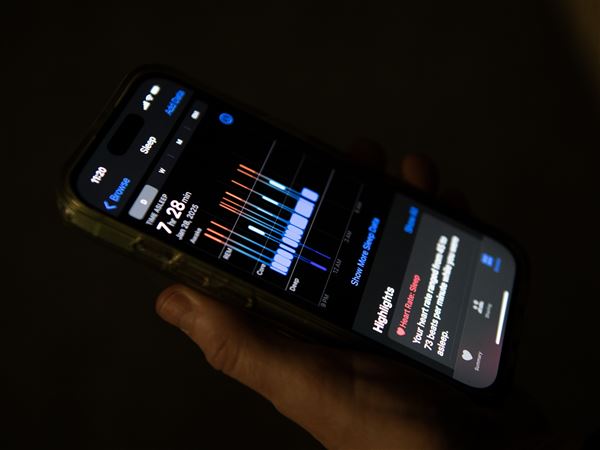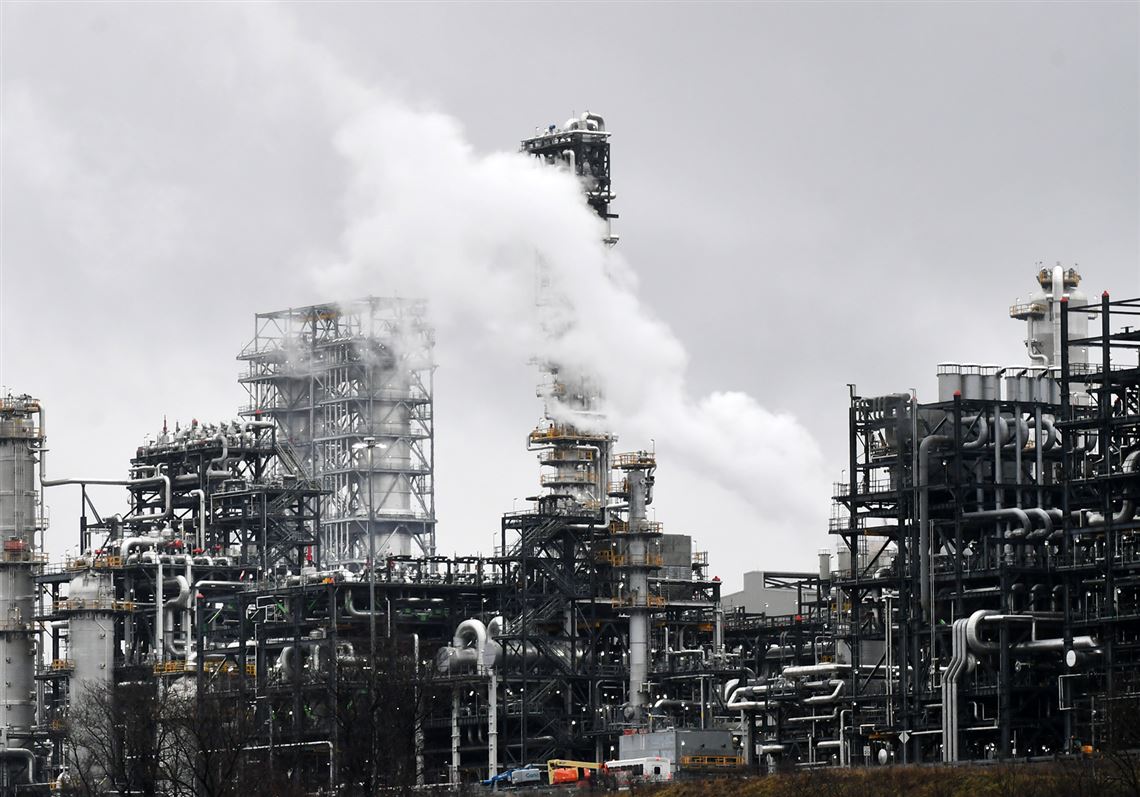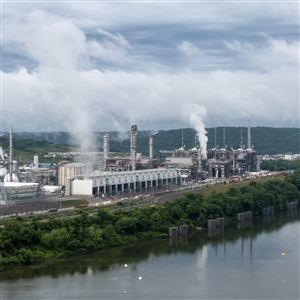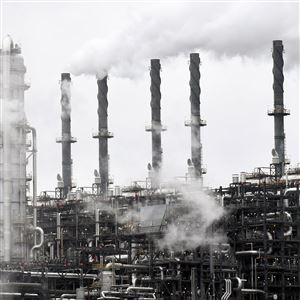Sirens will sound at the Shell petrochemical plant in Potter Township on Thursday as the company conducts a sitewide drill, with emergency response teams mobilized on the Ohio River.
The exercise, which Shell is required to do once every three years as part of its permit, will involve both Shell’s emergency responders and local officials. It’s likely to run from 10 until noon, but could be longer. The company said it will notify the public on social media when it is completed.
The huge facility in the Ohio River, where Shell processes the natural gas liquid ethane into different formulations of plastic pellets, does not always communicate with the public when there are sights and sounds at the plant that are unusual or worrying to nearby residents.
During a virtual townhall last week, Shell officials fielded a question about alarms that sounded over the course of several hours during the early morning on May 20.
Plant manager Bill Watson explained that was a fire alarm. “A false alarm,” he said.
A malfunction at the thermal oxidizer — an incinerator used to burn up waste coming from the polyethylene units — rerouted the flow of waste to a flare which shot flames up in the air, at which point a line-of-sight fire detector sounded the alarm after spotting the flames.
The first alarm came in around 1:30 a.m., and the sirens went off twice more during the night while the crew got the thermal oxidizer back into service, Mr. Watson said.
Clifford Lau, a retired chemist who works with the group Beaver County Marcellus Awareness Community, or BCMAC, said the organization heard from several residents about the alarms that night.
Mr. Lau had asked Shell’s spokesperson about it and was told about the false alarm and the circumstances of the event, but he wished the company would have posted that explanation for all residents to see.
During its quarterly virtual townhall meeting on June 13, Shell officials said they received multiple questions about how information will flow to the community in the event of a real emergency.
Samantha Baldwin, who served as the site’s emergency response coordinator, said planned events — such as the upcoming drill — will be posted on social media. If something happens at the plant that doesn’t require residents outside of its fenceline to do anything differently, like an unplanned event or “localized emergency,” Shell will contact Beaver County emergency services and also post about the events on social media.
For more severe events that might require a shelter-in-place warning or an evacuation of an area outside the facility, the alerts and guidance would come from county emergency services through the Smart 911 system. An evacuation order would need to be reviewed by the governor’s office.
Beyond the occasional noises, smells, and flaring at the site, community members have expressed frustration with how information is communicated to the public — and how quickly that happens.
Emma Lewis, Shell’s senior vice president of U.S. Chemicals and Production who replaced Hilary Mercer as head of the Beaver County plant, talked about that kind of transparency during a recent event hosted by Axios at the Carnegie Science Center.
“It’s one thing to be constructing a plant and it’s another thing to be operating it — and how we dialogue with our community, and how our community dialogues with us about the operation” is different, she said.
Ms. Lewis said she wants it to be “more of a two-way conversation.”
“I think more transparency around our operations and our plans — and, you know, what things look like — that’s something that’s important for us to invest some significant time.”
During the townhall, Shell also said the facility would be filing its Title V air permit with the Department of Environmental Protection this month.
This permit is required for major sources of air emissions and the application is likely to be voluminous and take months to review.
Anya Litvak: alitvak@post-gazette.com
First Published: June 19, 2024, 9:30 a.m.
Updated: June 20, 2024, 1:12 p.m.




















